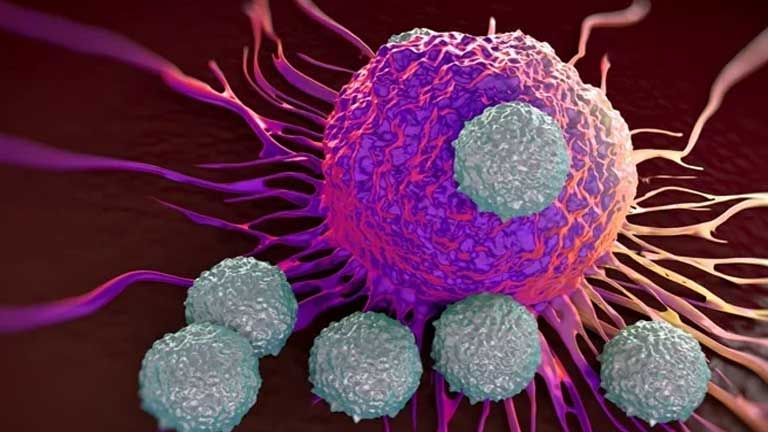By Katie Brighton – Technology Networks
T-cell therapy is a growing field, with applications moving beyond treating blood cancers to treating solid tumors too. Progress is also being made towards using T-cell therapy to treat infectious diseases such as human immunodeficiency virus (HIV) and influenza.
One of the conventional types of T-cell therapy relies on the development of a chimeric antigen receptor (CAR) to target diseased or cancerous cells specifically, but a subset of T cells, called gamma-delta (γδ) T cells, could enable cell-specific targeting without the need for the CAR. The γδ T cells act as a bridge between the innate and adaptive immune systems, and as such work as an effective immunotherapeutic by recruiting immune responders, such as natural killer (NK) cells to a tumor.
Technology Networks spoke to Bryan Kobel, the CEO of TC Biopharm about the broad uses of γδ T-cell therapy and how they approached developing Omnimune, a pioneering treatment for acute myeloid leukemia (AML) that has shown promise in a Phase IIb/III clinical trial.




